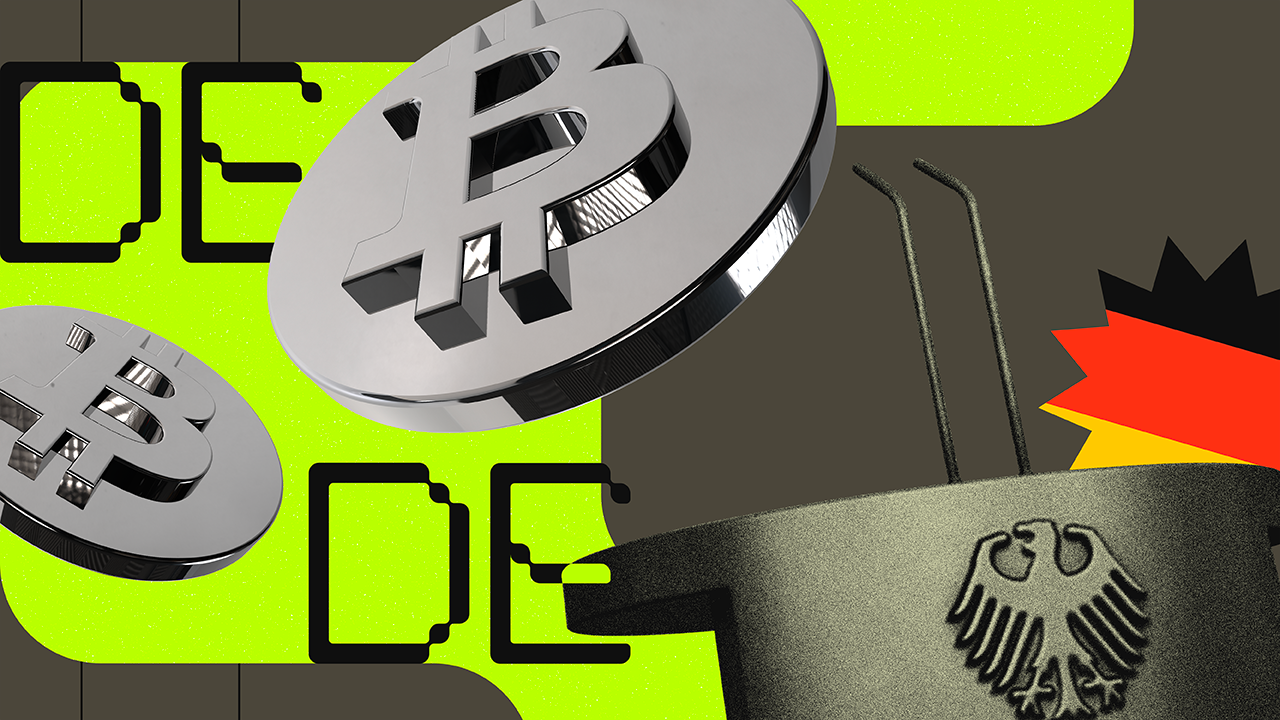Germany Smokes EU Competition With Record MiCA Approvals

Berlin’s financial watchdog just rubber-stamped more crypto licenses than any other EU regulator—because nothing says ’innovation’ like being first in line for Brussels’ paperwork.
The Bundesbank’s crypto division is now the continent’s de facto on-ramp for digital asset firms, while rivals like France scramble to process applications. Guess those ’blockchain hubs’ forgot to hire enough bureaucrats.
One cynical take? Germany wins by treating MiCA compliance like an automaker treats emissions tests: meticulous box-ticking with a side of creative interpretation. Vorsprung durch Technik, indeed.
Trade Republic Gains Full MiCA License as Germany Cements Crypto Edge
The license grants Trade Republic permission to offer crypto custody and facilitate transfers. It also allows the firm to execute or transmit client orders across the 30 European Economic Area (EEA) countries.
Trade Republic manages over €100 billion in client assets and serves over four million customers across 17 markets, with 2.5 million based in Germany.
Circle executive Patrick Hansen noted that the license enables Trade Republic to internalize most of its crypto operations. The only exceptions are trade execution, which still requires partnerships with external market makers like Bankhaus Scheich and B2C2.
“Trade Republic can now operate almost its entire crypto offering in-house across all 30 EEA states—only relying on external market makers (or trading platforms) like Bankhaus Scheich and B2C2 for trade execution,” Hansen said.
MiCA, which came into force earlier this year, aims to harmonize crypto regulation across the EU by introducing a single licensing regime for all member states. Firms that obtain approval in one country can now offer services across the entire EEA without seeking additional permissions.
This marks a significant shift from the previous fragmented regulatory environment that required firms to navigate multiple national regimes. As a result, major crypto platforms such as Coinbase, Crypto.com, Kraken, and OKX have since moved to align with the new requirements.
However, the adoption rate has been slower than expected. Within the first 100 days of implementation, only 15 CASPs registered under the framework. According to Hansen, that number has since increased to 25 as of May 17, with most of these MiCA licenses granted in Germany.
“German regulator BaFin has granted an impressive 9 of the first 25 MiCA CASP licenses across the EU…36% of all EU CASP licenses were granted in Germany as of today,” Hansen stated.
Hansen emphasized that a MiCA license is now essential for any crypto firm seeking to operate across the EEA.
This requirement has sparked a competitive rush among neobanks, brokers, and traditional financial institutions, all racing to secure their licenses.
“The race is on: neobanks, brokers, other fintechs and even traditional banks are all moving quickly to secure their MiCA licenses before transition periods end,” Hansen said.

